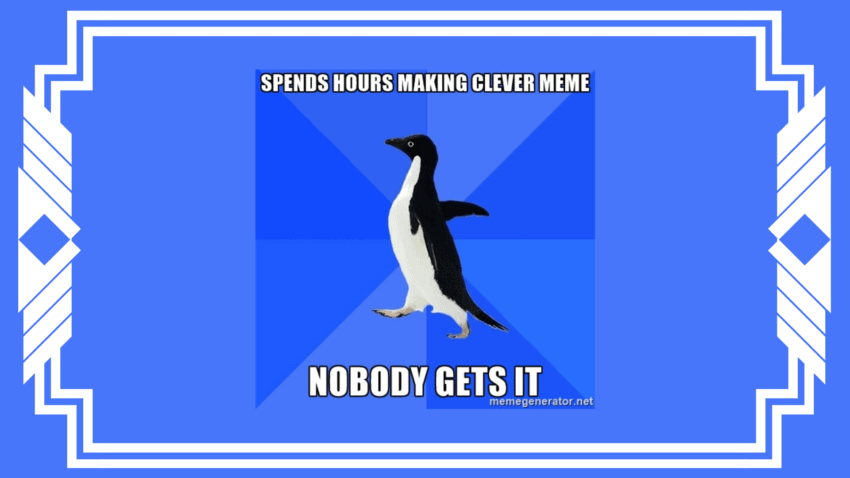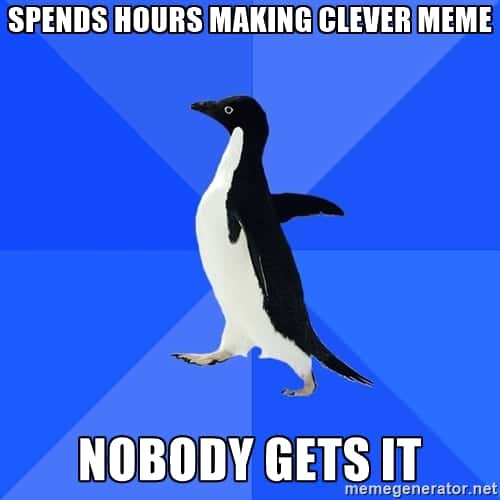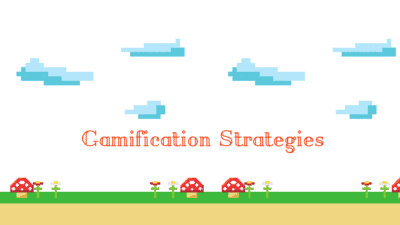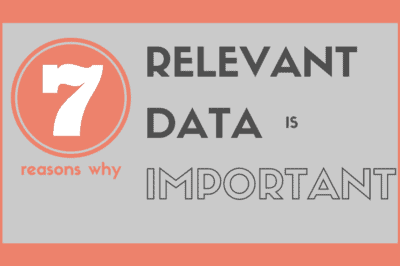How to Make Marketing Memes Work for Your B2B Strategy

What’s in a Meme?
If you’ve ever accessed the internet, you’ve encountered a meme. On your way to this blog post, you probably even laughed at a few. While traditionally image macros (photographs superimposed with a humorous caption) come to mind when thinking of a meme, they can be much more than that. The term “meme” was coined in 1976 by Richard Dawkins to describe a phrase, concept, or element of culture that can be expressed quickly, often resulting in imitation. Even in 1976, memes spread rapidly.
In 2016, meme usually means a funny picture, video, hashtag, or slang term shared online that maintains a specific formula as it is repeatedly shared. These modern memes are usually short-lived, plateauing quickly since high reshare rates result in people getting sick of the joke rather quickly. That means in a flash, memes stop being funny.
But how can you use memes for your B2B marketing strategy? And why should you? Since memes are so prevalent online, it makes sense to incorporate them into digital marketing strategies. Think of memes as an opportunity to reach new audiences, and for your existing audience to think you’re cool again.
Marketing Memes
In many ways, using a meme in your marketing strategy isn’t too different from traditional content marketing. Afterall, memes are just internet content created by others that you can leverage in a meaningful way.
Thanks to useful tools like meme generators and reference sites like Know Your Meme, anyone can create a meme. Even us marketers.
But with great power comes great responsibility. Let’s get started with crafting your marketing memes strategy.
Evaluating Your Audience
Before you fill up your corporate page with Bad Luck Brian and Awkward Penguin pictures, you need to evaluate your audience. Just because you know about a meme, doesn’t mean your audience is in on the joke.
So how do you know what your customers want to see? Learn to speak their language by hanging out online where they hang out. These places might be a particular subreddit, an industry LinkedIn group, or a Facebook page where there are regular discussions. What language are they using? What hashtags? Even if they’re not using traditional memes (photos, video, hashtags), they’re probably using unique language to express a problem. You can emulate that language. If niche image macros exist within your customer base, you’ve hit the jackpot.
Most importantly, what pain points are you seeing shared as memes? Understanding what problems your audience already finds humor in can help you prioritize.
The great thing about memes is they can often be used as satire. If you can satirize a problem that exists in your industry, you can speak directly to your audience’s interests.
Not Everything is a Meme
Now that you understand what types of online messaging your audience will respond to, let’s get one thing straight: not everything is a meme.
So take a minute before you start posting all the things. It’s important to remember that just because you put white text with a black outline on a photo doesn’t mean you’ve created a meme. A key component of a meme is imitation. Use that to your advantage by selecting a meme already in existence rather than trying to create your own.
Viral is Not the Goal
I’ll say it again. Viral is not the goal. Planning a social strategy around memes with the intention of going viral is setting yourself up for failure. Like with all content marketing, your goal should be leads, impressions, engagement–memes won’t magically make your company trend on Twitter. When marketing memes campaigns like this do trend, it’s usually not for the best reasons.
Going viral is difficult. It’s often accidental. If you get orders that implementing a marketing memes strategy means it needs to go viral, set the record straight. But, if your campaign does go viral for the right reasons, let’s call that a win and take the team out for drinks.
Timeliness
One of the hardest things to nail down when it comes to using memes in your marketing strategy is also the most important: when to post. Being timely and topical is the essence of why so many memes are funny. They hit the right note at exactly the right time.
News that affects your industry and even pop culture occurrences can be turned into relevant content thanks to the use of memes.
However, you must remember how quickly memes fade out of popularity. You don’t want to use a meme that your audience has already decided is dead. If you’ve done your research, you should know what they’re tired of, or at least what isn’t being posted anymore.
So act quickly. No one wants to be the one who gets into Pokemon Go two months after everyone else stopped playing.
Bringing it Together
So now you’re all set. You understand the way your customers speak, you know what memes to highlight, and it’s the right time to act. Now what?
Decide how you want to leverage those memes by aligning image macros, videos, and phrases with the appropriate medium.
Breakdown your strategy:
- Social – Yes, this is the most obvious choice for your marketing memes. But, despite being a great avenue for sharing, using memes here can be difficult. When it comes to Facebook and Twitter, you’re competing against individual users and other pages that are also sharing meme content. And they’re not trying to sell anything. Choose your image macros carefully, and try to resist the urge to jump on every new meme. Consider posting tasteful memes to LinkedIn, where memes are seldom seen but increasing in popularity. Most likely, this is where your customers will be. Show them you can live a little.
- Web Content – To liven up your web content, consider using Vine, Boomerang or other video creators to create memes. Easily digestible video content like this is a great way to increase website views. Just make sure the original content you’re referring to makes sense when housed on your website.
- Email – This is a great opportunity to utilize some “internet speak” in your subject line to increase your open rates. If you want to expand on this idea, basing a nurture campaign around the memes your customers use can build trust. Let them know that you understand their problems and you’re working to solve them in a language they already speak. Your audience wants to be understood. This is an easy way to show them you’re listening to their concerns.
- Ads – Here you can have some fun manipulating your customers’ unique language and turning it into a call to action. It is so vital to grab their attention when using Google or Bing Ads. Seeing a phrase used in the office on a daily basis will make a person stop on the page. Increase the likelihood their eyes aren’t scanning past your copy and onto the next by giving them something familiar to read.
Always be aware that you should be having a conversation with your customers. Just because they’re using your product in a professional environment doesn’t mean it has to be stuffy. After all, fun is the new professional.
Remember: This is the Internet
So why should you use memes, again? Because you’re online. Act like it.
Your customers have interests outside of their professional responsibilities. You want to market to your audience in a way that they’ll appreciate just as much off-hours as they would on the clock. Using memes gives you the chance to create share-worthy content that will reach a broader audience, hopefully gaining you valuable new leads (leads that probably think you’re pretty fun).
Now that you have the tools to utilize marketing memes in your B2B strategy, have fun getting started! Still need some advice? Contacting DemandZEN can point your digital marketing strategy in the right direction.
You Might Also Enjoy These Posts
Gamification Strategies: Badges in B2B Marketing
7 Reasons Why Relevant Data is Important to Your Organization
Welcome To DemandZEN
DemandZEN specializes in Account-Based Demand Generation and solving the challenges around finding, engaging and converting target accounts into real opportunities for B2B Technology and Services companies.




